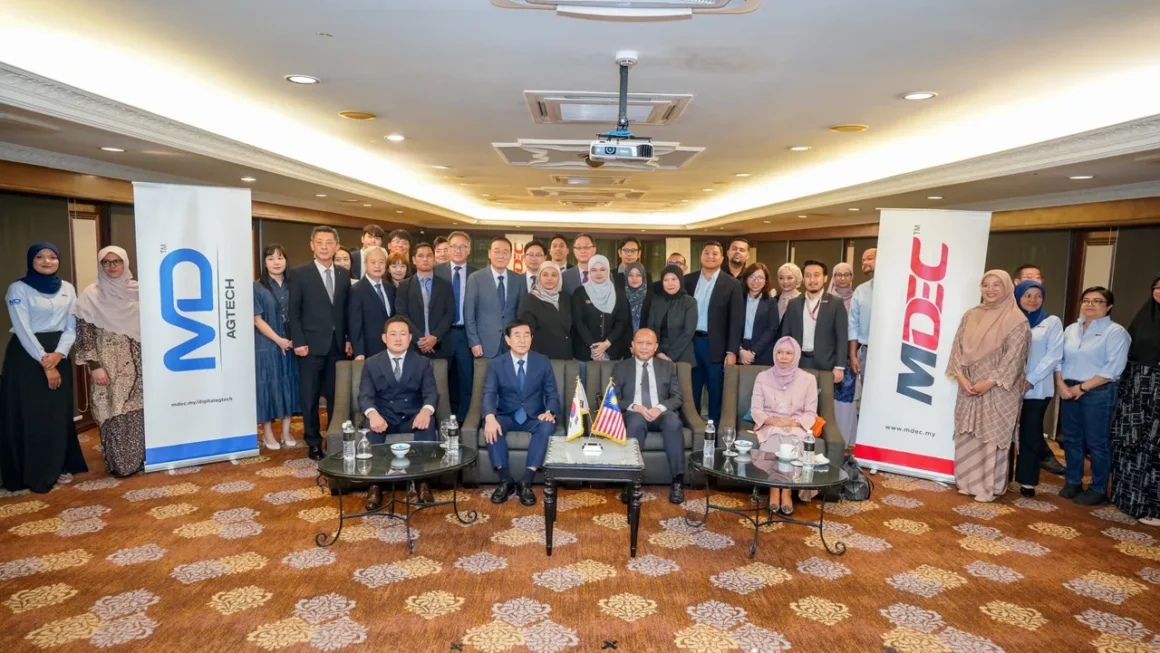KUALA LUMPUR, May 9, 2025 — The World Bank has commended Malaysia for its recent economic policy reforms, particularly the mutual Halal certification agreement with Indonesia and the gradual removal of price controls on eggs, calling them positive developments for the country’s economic landscape.
Apurva Sanghi, the World Bank’s Lead Economist for Malaysia, said streamlining Halal certification procedures between Malaysia and Indonesia would significantly boost Halal trade between the two nations by removing unnecessary bureaucratic barriers.
He also applauded Malaysia’s move to implement digital licensing for cross-border rail transport with Thailand, describing it as a strong step toward enhancing regional trade facilitation.
“These moves show that non-tariff barriers within ASEAN can still be overcome,” Apurva wrote in a post on his official X (formerly Twitter) account on May 6, 2025.
On the phased withdrawal of egg price controls, Apurva noted that the decision is rare but commendable, especially in a country where temporary price controls are frequently imposed and lifted during festive seasons.
“This includes controls on imported white pomfret and Chinese garlic during Chinese New Year, and on buffalo meat and Spanish mackerel during Hari Raya,” he noted, suggesting that the current move reflects a maturing approach to market regulation.
Apurva also addressed recent improvements in Malaysia’s export figures, stronger ringgit, and other economic indicators. However, he cautioned against overinterpreting the short-term data.
“The current export surge is largely due to front-loading shipments ahead of global trade uncertainties and is unlikely to be sustainable. Similarly, the ringgit’s recent strength mostly reflects U.S. dollar weakness, rather than a fundamental strengthening of the local currency,” he said.
He further welcomed the decision by government-linked investment companies (GLICs) to adopt a living wage policy, which is expected to uplift low-income workers in Malaysia.
Still, he cautioned that for such a wage model to be sustainable, it must be accompanied by measurable productivity growth.
“It remains to be seen whether this initiative will influence other employers, particularly in the formal private sector, where around two million workers still earn below the living wage threshold,” he added.
These reforms, while receiving praise, come with calls for careful implementation and monitoring to ensure long-term impact and economic stability.
Source: Harian Metro. | Photo Credit: The Edge Malaysia.




